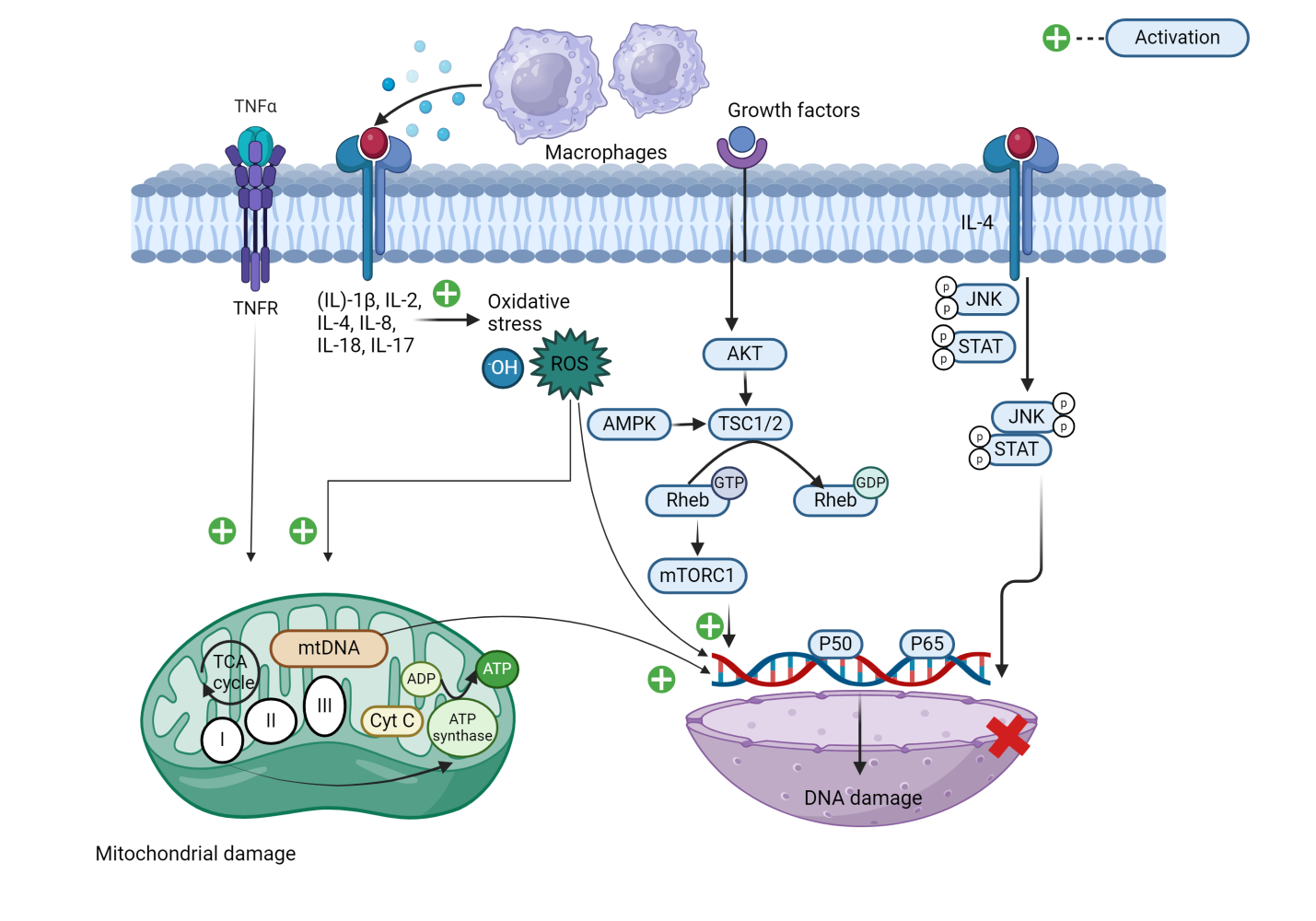Phytocompounds as Promising Weapons against Lung Cancer: A Review
DOI:
https://doi.org/10.55627/ppc.004.001.0546Keywords:
Lung Cancer, Phytocompounds, Plants-Based Chemotherapy, Anti-Cancer, Herbal RemediesAbstract
Lung cancer is the second most prevalent form of cancer in both men and women, which incurs major economic and public health losses. Notably, easy access to tobacco is the most important cause of pulmonary cancer, with 80%–90% of cases coming from cigarette smokers. Moreover, respiratory issues caused by industrial and automobile smoke, occupational hazards like asbestos, and infections, like Covid-19, exacerbate the impact of lung cancer on the body. To mitigate these effects, traditional lung cancer treatments coupled with awareness campaigns are proving somewhat successful, but many challenges persist. Cancer-resistance development, chemotherapy-induced side effects, and cancer metastasis are some of the significant hurdles to lung chemotherapy success. Plant and phytocompounds can potentially become alternative sources of lung cancer treatments. This review article provides some insight into these natural sources. Particular, hispidulin from Saussurea involucrate, erianin from Dendrobium chrysotoxum, and albanol B from Morus alba are proven to have anti-cancer effects in lung cancer cells, proven through in vitro and in vivo animal models. Furthermore, petroleum ether and ethyl acetate extracts of Marsdenia tenacissima were found to be potent in inhibiting lung cancer cells with an IC50 value of 0.35 mg/ml. This makes M. tenacissima a suitable candidate for further exploration in lung cancer treatment. In addition to the therapeutic effects, plant-based products can also act as dietary supplements for cancer prevention, and may even be recommended for cancer patients. The possibilities are endless but require further research and resource investment for estimating the clinical efficacy, as well as robust drug-delivery mechanisms of these plants and phytocompounds for pulmonic cancer.

Downloads
Published
Issue
Section
License
Copyright (c) 2024 Nida Saleem

This work is licensed under a Creative Commons Attribution 4.0 International License.







